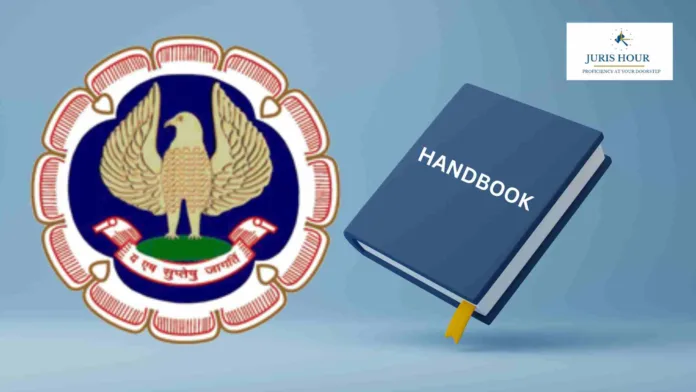The Institute of Chartered Accountants of India (ICAI) has released the CAs’ Handbook on Writs, a comprehensive guide designed to help Chartered Accountants (CAs) understand and navigate the complexities of writ jurisdiction in India.
The publication covers various types of writs, their applications, and their significance in taxation, regulatory compliance, and public interest litigation.
Understanding Writs: A Legal Remedy for CAs
The handbook provides a detailed examination of writs under Articles 32 and 226 of the Indian Constitution. It highlights how CAs, as key stakeholders in corporate governance, can leverage writ petitions to address tax disputes, regulatory challenges, and financial litigations. The five primary writs discussed in the handbook include:
- Habeas Corpus – Protection against unlawful detention.
- Mandamus – Compelling authorities to perform legal duties.
- Prohibition – Preventing lower courts from exceeding jurisdiction.
- Certiorari – Reviewing decisions made by lower courts.
- Quo Warranto – Challenging illegal appointments to public offices.
Significance of Writs in Tax and Corporate Law
The handbook delves into the role of writ jurisdiction in tax disputes, focusing on appellate procedures and landmark cases that have shaped tax litigation in India. It also explores the growing importance of writs in financial governance, particularly in cases where CAs can play an advisory role in drafting writ petitions and assisting legal counsel.
Key Highlights:
- Case studies on tax disputes and judicial interventions.
- Analysis of PILs and their intersection with writ jurisdiction.
- The role of writs in safeguarding fundamental rights, environmental laws, and corporate governance.
- Guidance on drafting and filing writ petitions.
Why This Handbook Matters for CAs
With the increasing complexity of financial regulations and corporate laws, this handbook serves as a vital resource for CAs looking to enhance their legal acumen. It bridges the gap between financial expertise and legal advocacy, ensuring that CAs remain well-equipped to navigate legal challenges in their profession.
Read More: Law & AI: The Future of Legal Tech with Advocate Kaustubh Shakkarwar | JurisHour (Watch Video)

